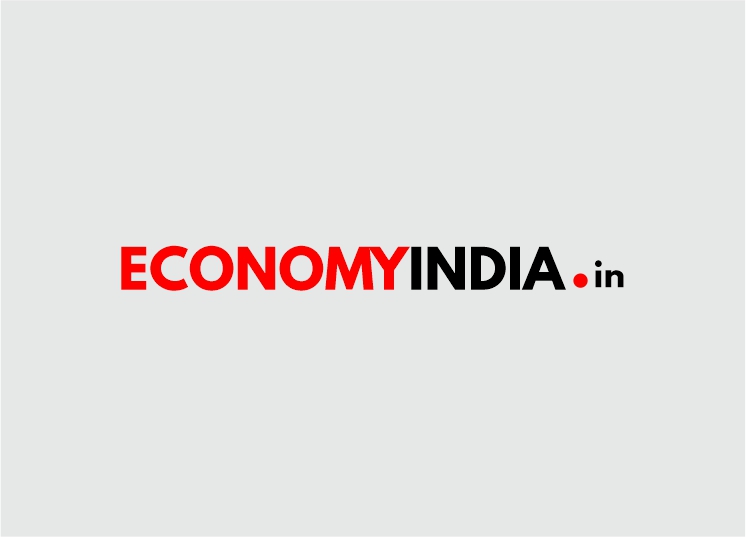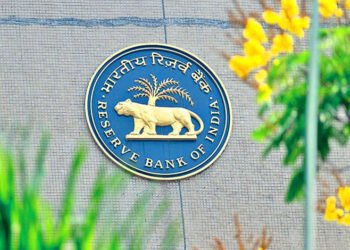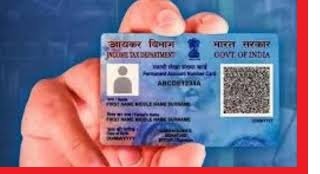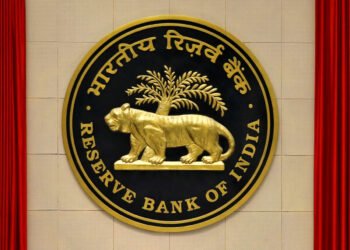Cybercrimes and financial statement fraud are among the most likely frauds to be experienced in the future
A majority of Independent Directors believe that the risk of fraud will increase over the next two years, according to a survey released by Deloitte Touche Tohmatsu India LLP (DTTILLP), in association with the Institute of Directors (IOD).
As per the survey titled “Corporate fraud and misconduct: Role of Independent Directors”, around 63 percent IDs believe fraud cases will rise in the next two years.
There is a growing focus on ethics and corporate governance within organisations.
This has led to the increased importance of the role of Independent Directors (IDs) in mitigating the risks of fraud, mismanagement, and lapses in corporate governance.
Business Considerations
The concern related to increasing fraud cases among IDs was primarily due to “large-scale remote working arrangements and cash flow crunch, leading to business considerations and sustainability of operations taking priority over other matters,” as per the report.
According to the report, cybercrimes (23.90 percent) and financial statement fraud (20.96 percent) are among the most likely frauds to be experienced in the near future.
Focus Areas
Around 36 percent IDs believe that organisations should focus on fraud prevention techniques to improve their Fraud Risk Management (FRM). framework and minimise fraud risk. Approximately 75 percent IDs believe that they could play a significant role in preventing, detecting, and responding to fraud.
54 percent of IDs further indicated the need to be better equipped to discharge their duties, which included specific trainings on FRM.
Around 57 percent IDs stated that their board had established an effective FRM framework. However, for around 22 percent IDs, there is still a need to increase awareness amongst employees on ethics, integrity, and reporting fraud or misconduct issues to improve the FRM framework.
Nearly 48 percent of IDs also suggested that their organisations had a well-defined and clear incident response protocol to ensure swift actions upon fraud detection and its reporting.
Changing Business Environment
“The survey findings reflect that fraud is no longer a phrase which is taboo. Our survey results brought to the forefront that IDs are ready to be part of a board that has previously experienced/reported fraud. However, the need is for IDs to invest time and efforts in increasing the in-depth understanding of fraud risks for them to play a meaningful role in ensuring robust corporate governance. Additionally, the results also highlight the need for organisations to critically evaluate the effectiveness of the existing fraud risk management framework in light of a rapidly changing business environment”, said Nikhil Bedi, Partner and Leader, Forensic, Financial Advisory, DTTILLP.
Highest Standards of Vigilance and Prudence
“Although there are multiple priorities for those charged with corporate governance, given the current economic climate, it is likely that some organisations may seek to focus on prioritising sustainability of operations over other matters. Under such circumstances, IDs need to act with the highest standards of vigilance and prudence”, said Rohit Goel, Partner, Forensic, Financial Advisory, DTTILLP.
“Over the years, the role of IDs has been evolving and enhancing, and regulators are placing increasing dependence on the vital role of IDs in good governance. IDs are chairing or are members in a majority of board committees, including the Internal Audit Committee. In the survey, IDs have shown keenness to take on a greater role in being an effective deterrent to fraud, mismanagement, and lapses in corporate governance. Of course, we will need to suitably prepare them for this additional role”, said Lt. Gen. J. S. Ahluwalia, PVSM (Retd.) – President, IOD.
(Economy India)













